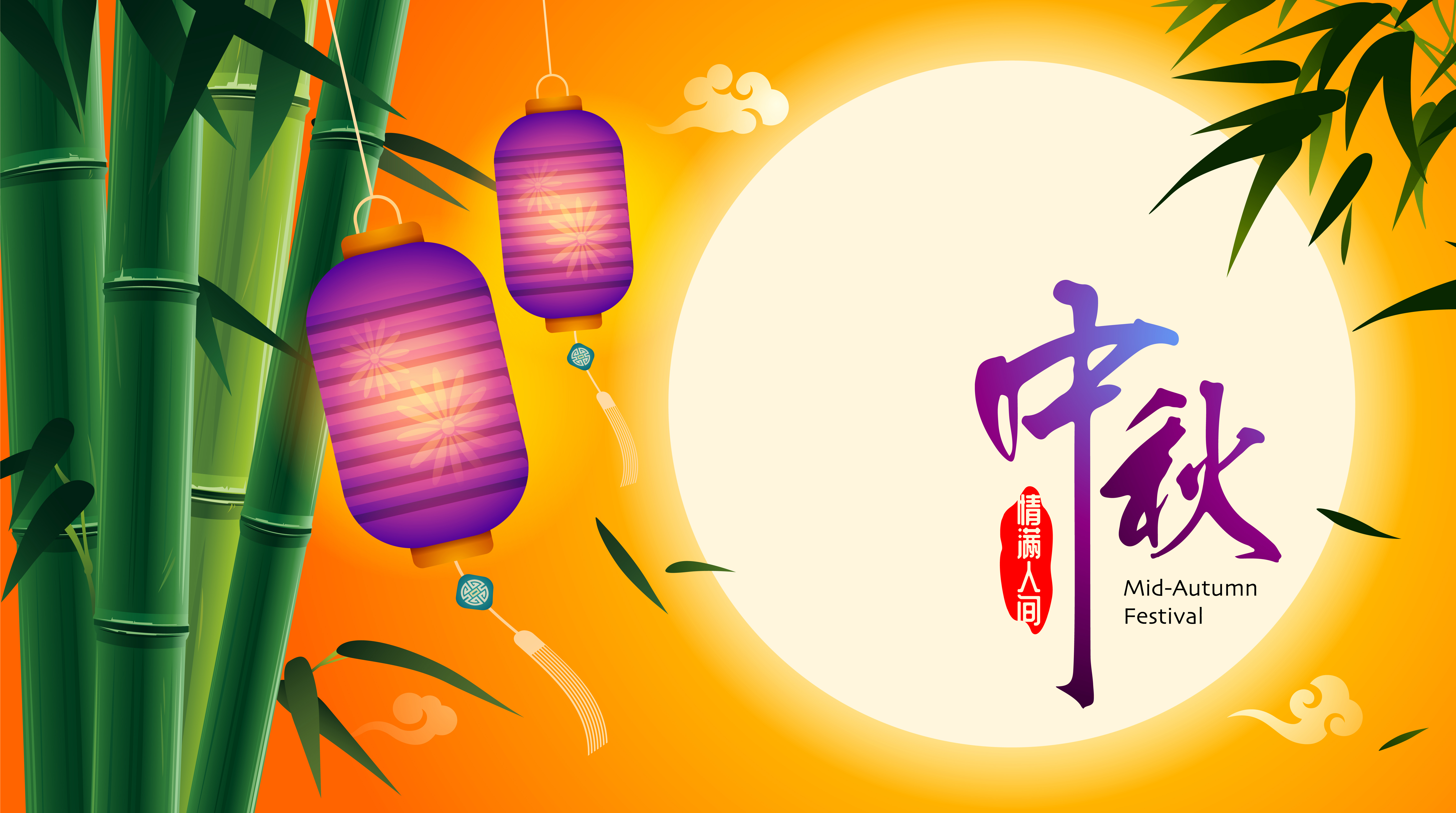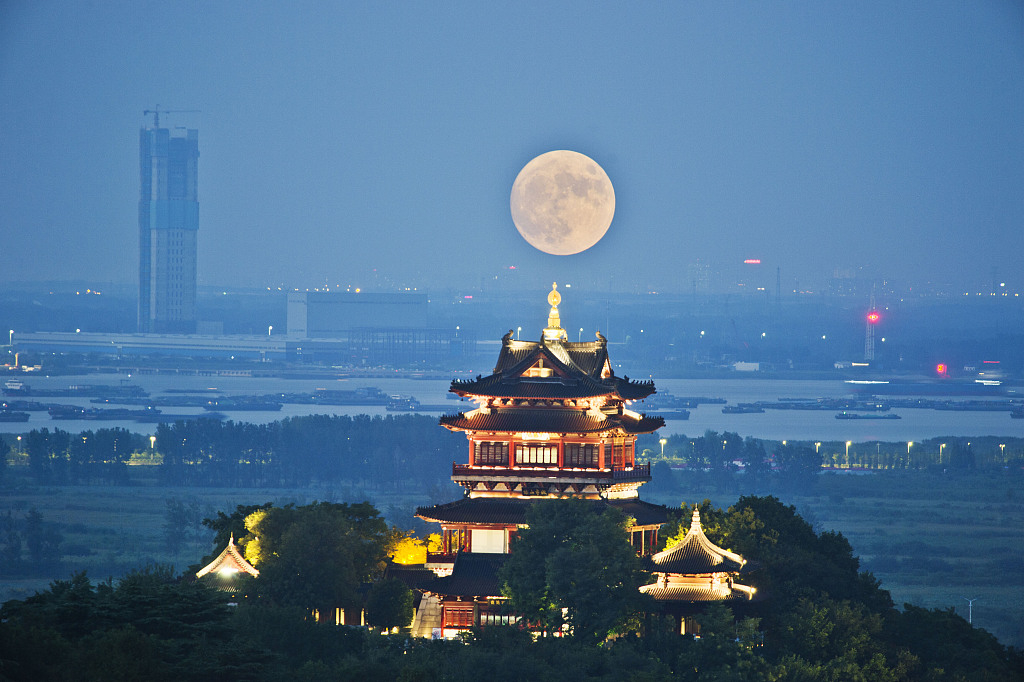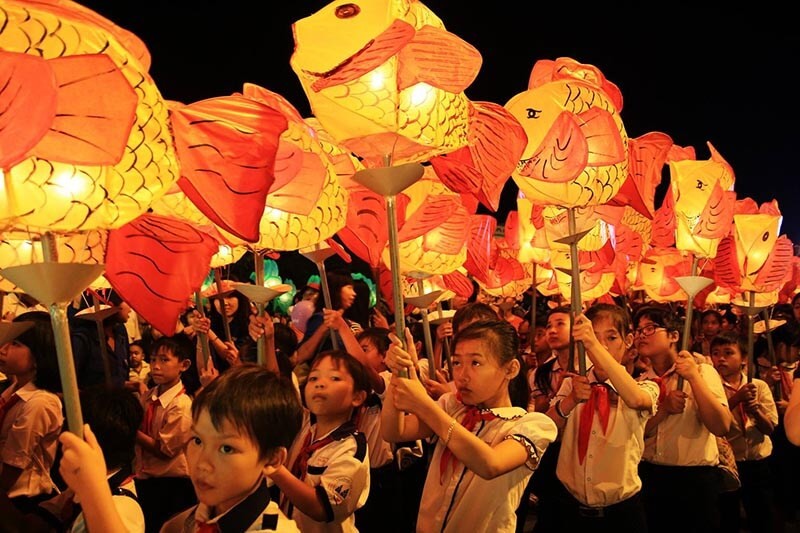

One of the most popular customs around the Mid-Autumn festival is eating moon cakes. It is possible that moon offerings became popular because of this story. He found the fruits and cakes that his wife loved, and presented them to the moon, to her, as gifts and as a sign of his undying love. Yi heard of what had happened and was inconsolable. To keep the elixir safe, she drank it herself, and immediately flew towards the heavens, landing on the moon and settling there forever. But Yi, however, did not consume the potion, choosing instead of to save it, as he didn’t want to become immortal without his wife, Chang’E.īut one day, when Yi was out hunting, a thief by the name of Fengmeng, broke into their house to steal the elixir, threatening Chang’E to give it up. But a skillful archer, known only as Yi, was able to shoot down nine of the suns, and as a reward, he was given an elixir of immortality. A long time ago, ten suns had risen in the sky, and were causing hardships on the peasants below.

In old times, a more romantic story has surfaced and gained traction, which is the story of Chang’E.

To express their gratitude, they would give thanks to the moon by providing offerings as far back as the Zhou Dynasty between 1046 and 256 BC. The moon is thought to have a close relationship with how and when the seasons change and was therefore very important to farmers. Not only holidays are scheduled this way though, as wedding dates are also often set, based on the lunar calendar, and many Chinese locals still celebrate their birthday according to the lunar calendar as well. All major holidays in China are planned according to the lunar calendar, except for the National Holiday which falls on October 1 st each year. The moon has always been carefully observed in China, and many important decisions are tied to the moon and its movements in the sky. Chinese Moon Cakes - A delicacy enjoyed around the time of the Mid-Autumn Festival in China History


 0 kommentar(er)
0 kommentar(er)
